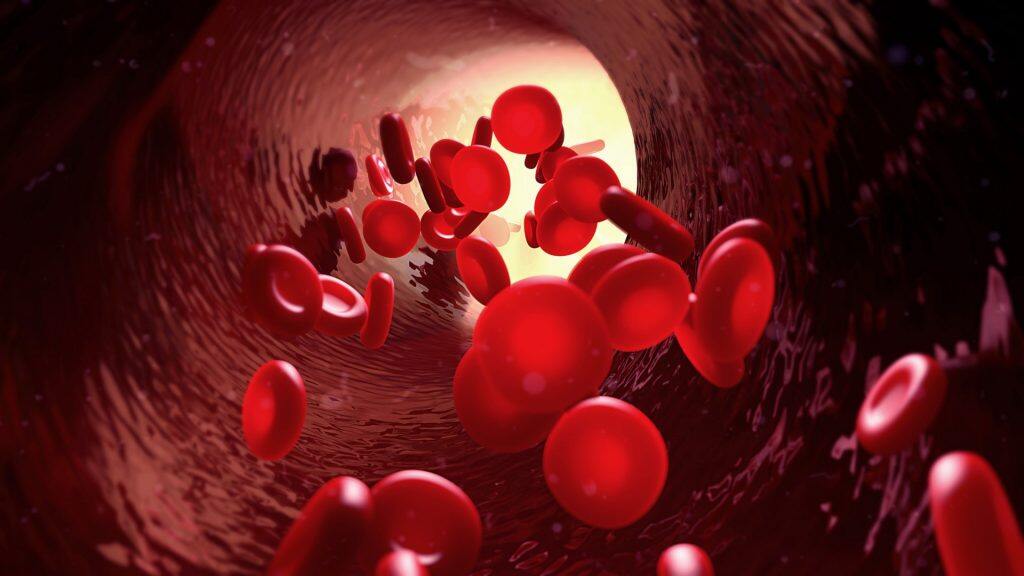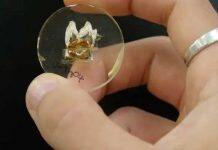

Blood is vital to life, and a healthy body replenishes worn-out blood cells with new ones throughout one’s lifetime. If something goes wrong with this process, serious illness will result.
NUS researchers have now discovered a mechanism controlling the replenishment of blood cells, which could have relevance for new treatments for blood cancers and other blood-related diseases.
The international research team, helmed by Dr Akihiko Numata while he was a Postdoctoral Fellow in the laboratory of Professor Daniel Tenen of the Cancer Science Institute of Singapore and Yong Loo Lin School of Medicine at NUS, focused their investigations on a protein called Tip60, which catalyzes important biological processes in many living organisms. In particular, Tip60 controls hematopoietic stem cells, the source of new blood cells.
In a 10-year-long study, the scientists developed sophisticated molecular tools and experiments to understand the role Tip60 plays in hematopoietic stem cells. They knocked out the protein by modifying its genetic code, thereby deleting certain parts of the protein and preventing it from binding to other biological molecules. The scientists then compared the malfunctioning Tip60 with the normal version.
“We discovered that Tip60 plays a crucial role, activating genes that are in turn responsible for maintaining the hematopoietic stem cells and their DNA. In fact, when completely deprived of Tip60, many of the cells suffered ‘catastrophic’ DNA damage and died. On the other hand, some of the genes that Tip60 affects can lead to leukemia, and understanding this pathway may lead to novel therapeutic approaches,” explained Prof Tenen.
The team’s findings were published in the prestigious scientific journal Blood in October 2020.







































